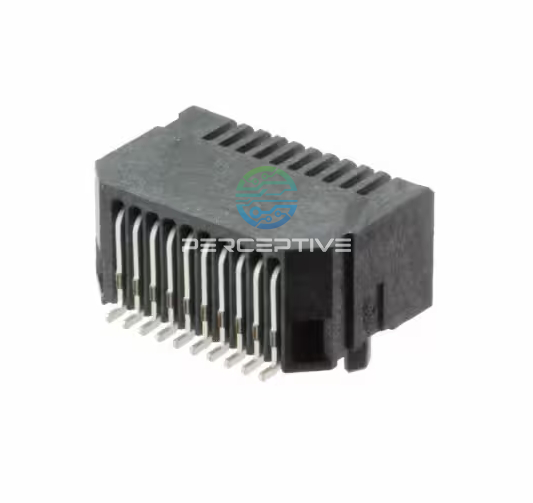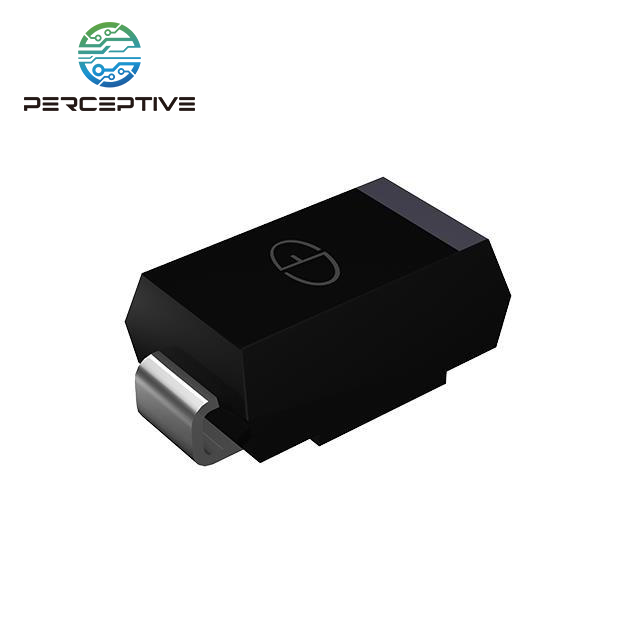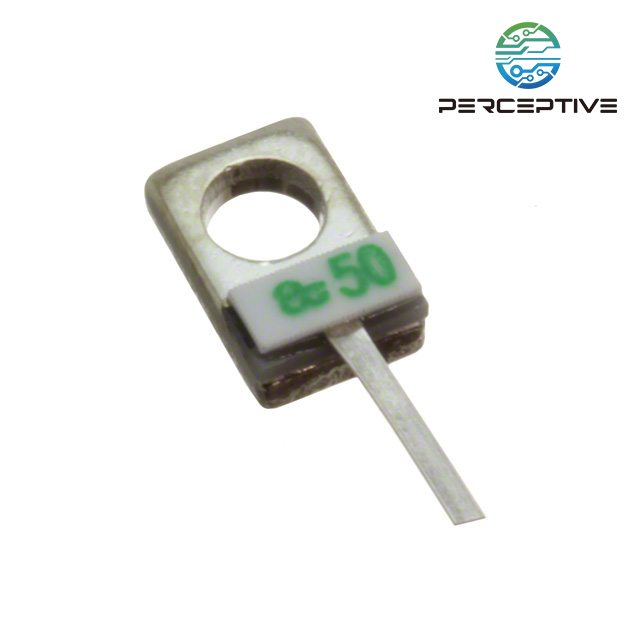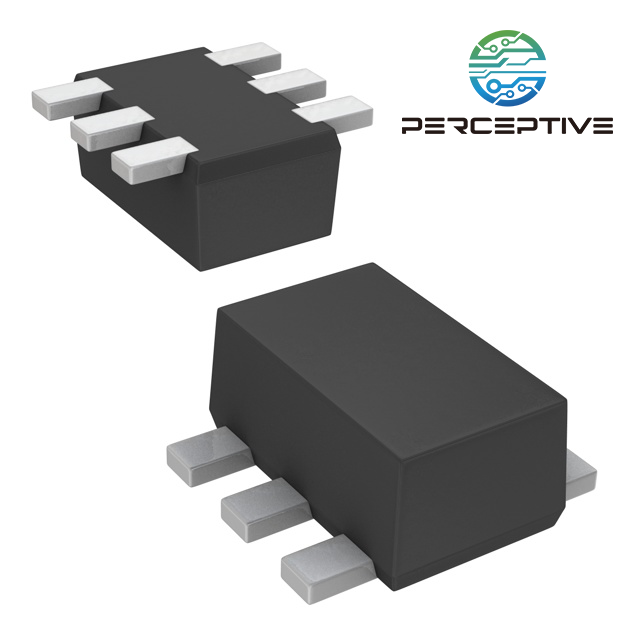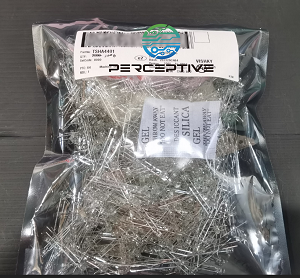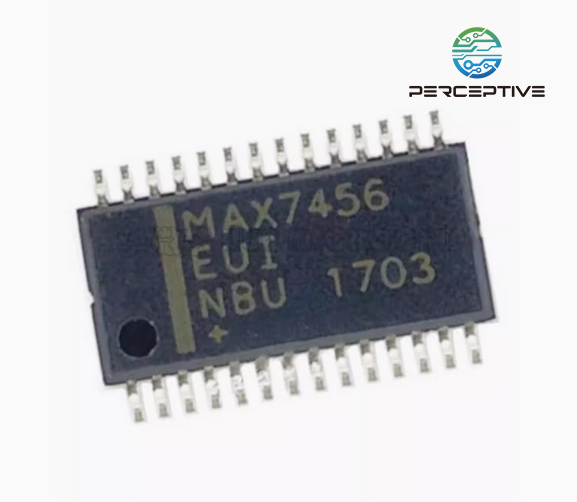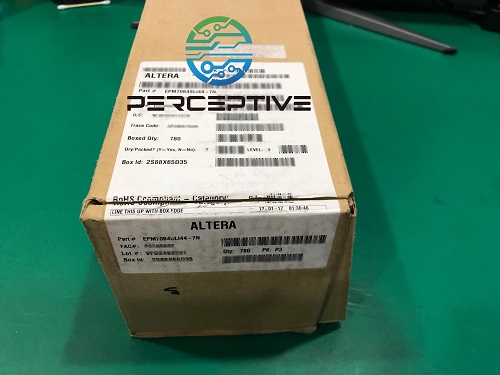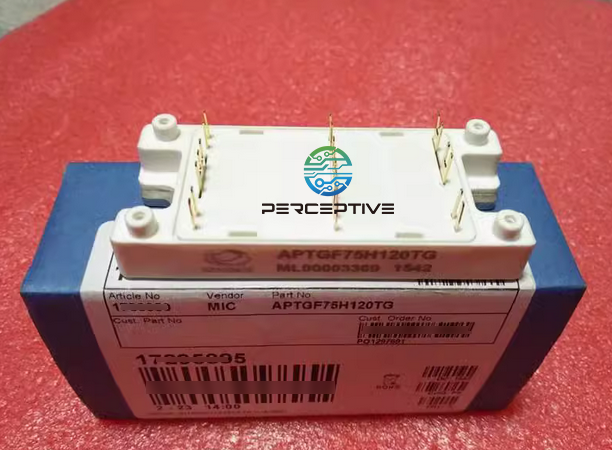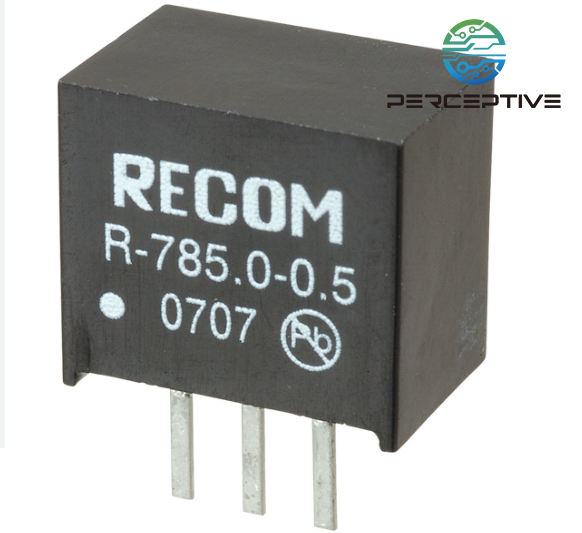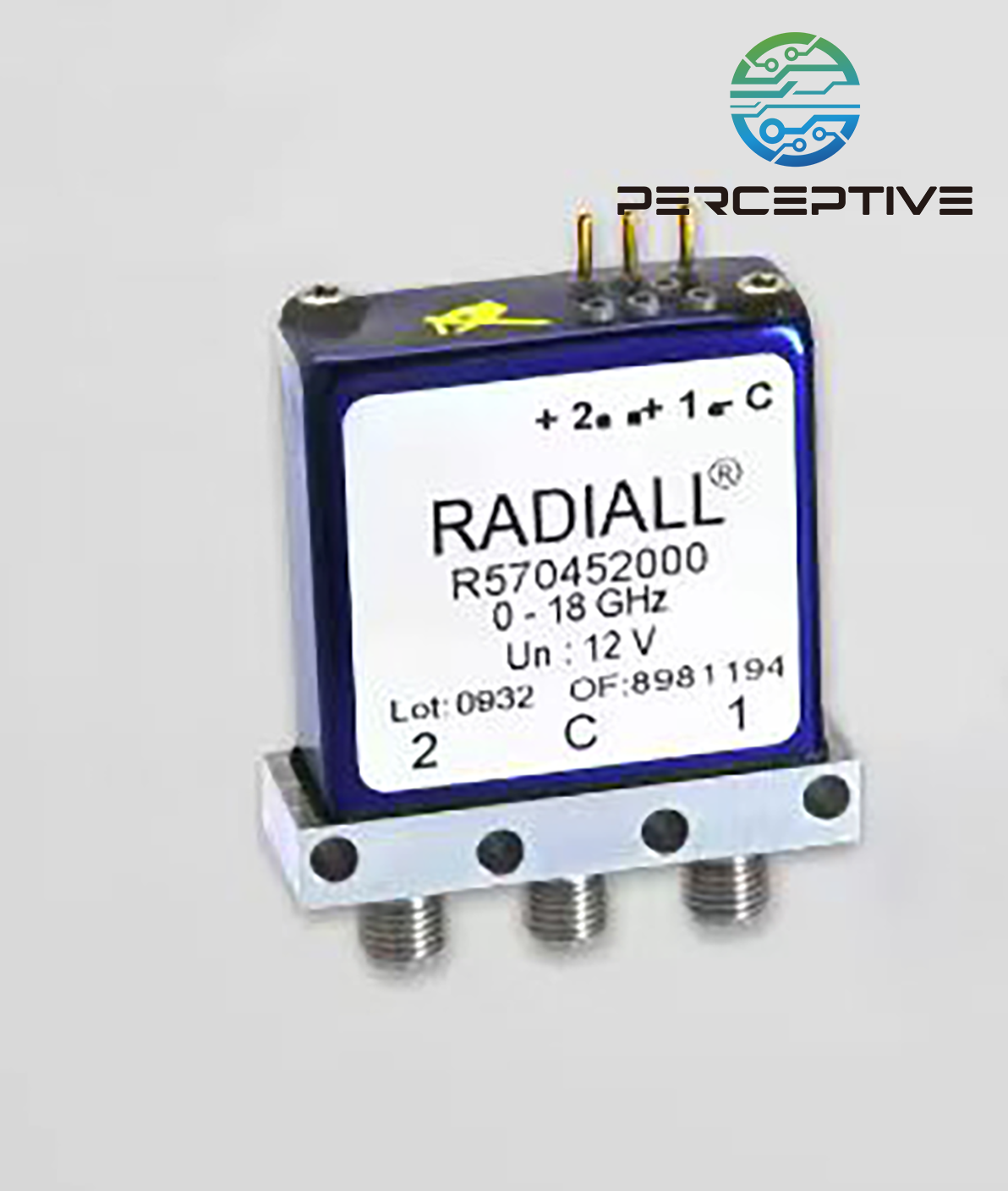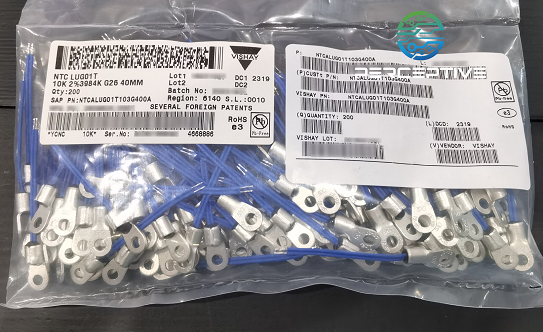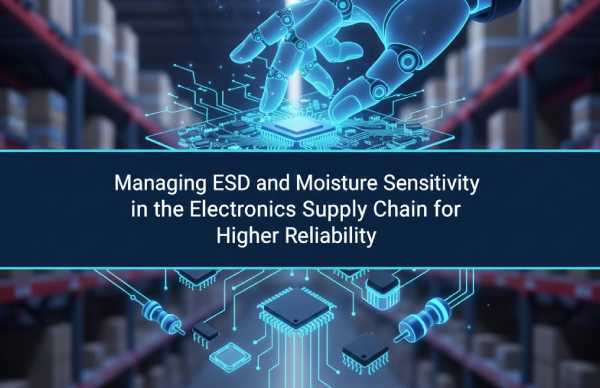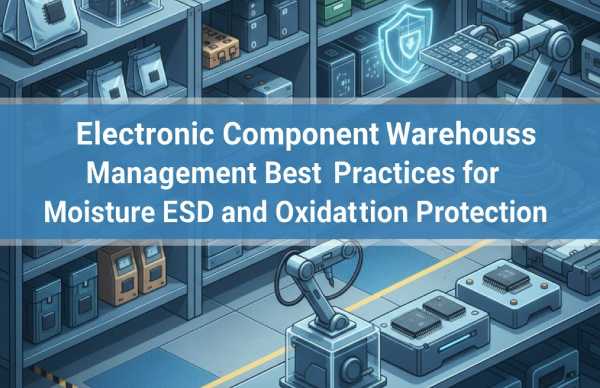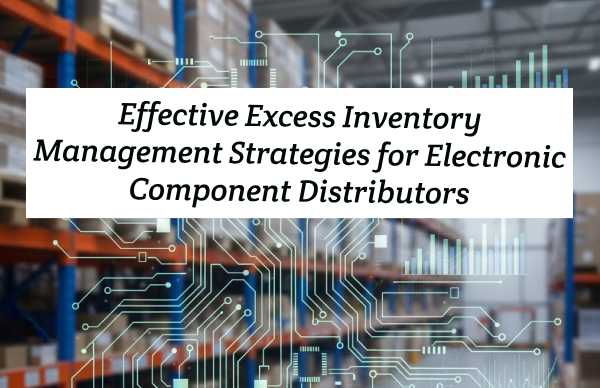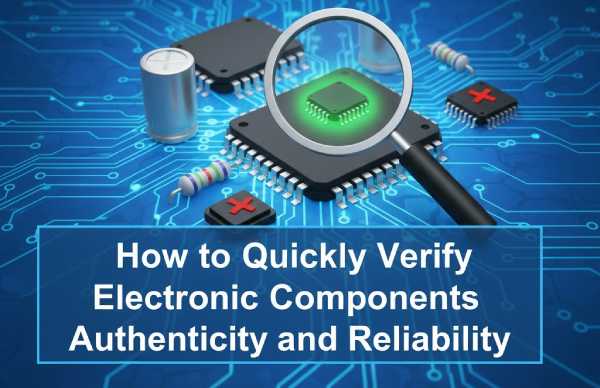In today's globalized electronics market, cross-border procurement has become essential for manufacturers, OEMs, and independent design houses seeking to stay competitive. Buyers frequently source electronic components from overseas suppliers to access a wider range of products, competitive pricing, and the latest technologies. However, international trade brings challenges that go beyond selecting the right components. Payment methods, shipping logistics, customs duties, and foreign exchange risks can create unexpected costs, delays, and financial exposure. This is where experienced electronic component distributors play a vital role — not just as product providers, but as strategic partners who help buyers navigate these complexities.
Navigating International Payment Challenges
One of the biggest concerns for component buyers engaged in cross-border transactions is selecting the right payment method. Traditional international bank transfers (such as wire payments or SWIFT) can be slow, expensive, and subject to high transaction fees. Moreover, the risk of currency exchange rate fluctuations between order placement and final settlement can impact overall procurement cost, especially for large or recurring orders.
Reputable distributors help mitigate these risks by offering multiple secure and flexible payment options tailored to the buyer's needs. Whether it's using local currency invoicing, escrow services, or working with third-party cross-border payment platforms, these solutions can reduce transaction costs and exposure to unfavorable exchange rate movements. Some distributors even provide hedging options or work with trusted financial partners to lock in exchange rates at the time of order, giving buyers greater cost predictability.
Logistics Support That Simplifies Cross-Border Shipments
Shipping electronic components internationally involves more than booking a freight forwarder. Buyers must manage paperwork, track shipments, comply with export-import regulations, and ensure that sensitive or high-value components are handled properly to avoid damage. Any misstep can lead to shipment delays, additional fees, or even seizure at customs.
Leading distributors provide end-to-end logistics support, taking much of this burden off the buyer. They typically have established relationships with major carriers and freight forwarders, allowing them to negotiate better shipping rates and provide faster, more reliable delivery options — including air, sea, and express courier services. More importantly, they handle documentation, packaging requirements (such as moisture barrier bags or anti-static protection), and compliance checks to ensure shipments clear customs smoothly. This not only saves time but significantly lowers the risk of costly mistakes.
Managing Duties, Taxes, and Customs Compliance
For many buyers, one of the most confusing aspects of cross-border procurement is dealing with duties, VAT, and other import taxes. The complexity increases when sourcing from multiple countries, each with its own regulations and tariff structures. Misunderstanding these obligations can result in budget overruns or compliance issues.
A knowledgeable distributor acts as an advisor in this space, providing clear information on applicable duties and taxes before the transaction is finalized. Some distributors offer Delivered Duty Paid (DDP) solutions where they manage and prepay customs duties, VAT, and brokerage fees, so the buyer receives goods at a predictable total landed cost. This service greatly simplifies budgeting and eliminates surprise costs at the destination. Additionally, distributors familiar with free trade agreements (FTAs) and tariff codes can help buyers take advantage of duty relief opportunities where available.
Reducing Risks from Currency Volatility
Foreign exchange risk is a real concern in cross-border procurement. A sudden shift in exchange rates between the time of placing an order and making final payment can erode profit margins or increase total cost unexpectedly. This is particularly true when sourcing components with long lead times or when prices are quoted in a foreign currency.
Distributors can help buyers reduce this risk by offering transactions in the buyer's local currency, providing quotes that are valid for a specified period, or working with financial partners to lock exchange rates at the time of order confirmation. In some cases, distributors can even structure payment terms that align better with the buyer's cash flow, helping them manage exposure to currency swings more effectively.
The Value of Strategic Distributor Partnerships
When buyers view distributors not just as vendors but as partners, they gain access to more than just inventory. Distributors who understand the complexities of cross-border trade offer valuable services that go beyond component supply. From payment flexibility and currency risk management to customs compliance and efficient logistics, distributors play a critical role in helping buyers reduce risk, control costs, and ensure on-time delivery.
Choosing the right reliable electronic component distributor — one with a strong global network, proven expertise in international trade, and a commitment to service — is essential for any organization engaged in cross-border procurement. By leveraging a distributor's capabilities, buyers can focus more on their core business: designing and building great products.

